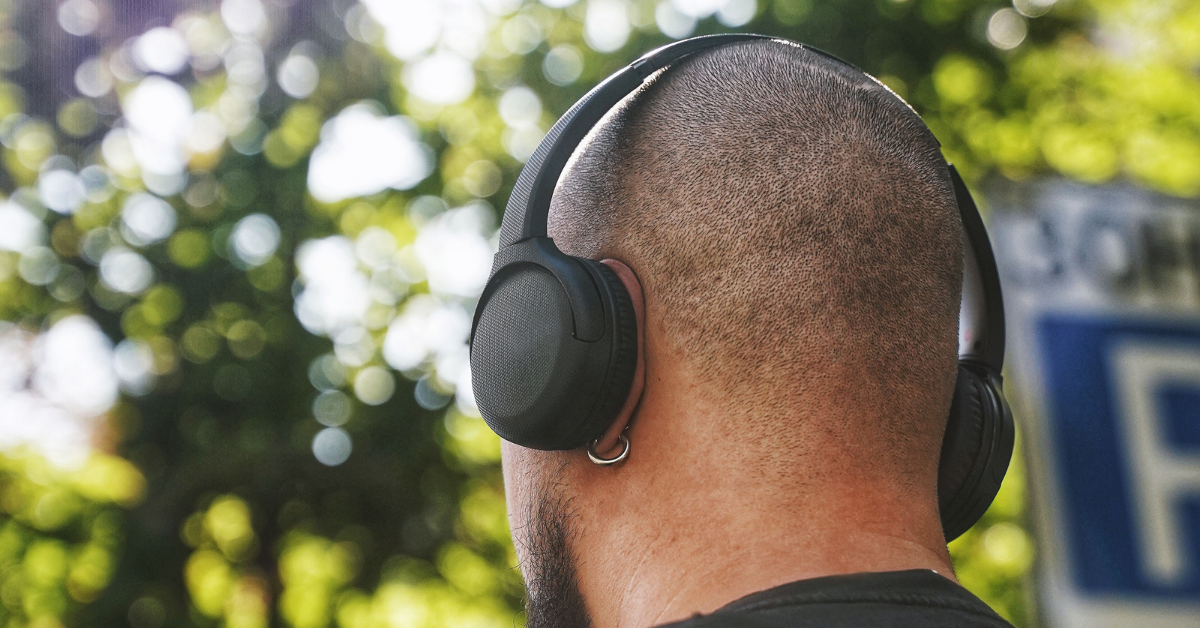
Hearing Loss and Diabetes: is there a relationship?
The relationship between hearing loss and diabetes is not clearly understood, but we do know there is one. Some studies suggest it may be related to damage to the nerves and blood vessels within the ear. Statistically, hearing loss is twice as likely in persons with diabetes, according to studies, and can occur earlier in life than to those without diabetes.
Because hearing loss can be associated with damage to nerves and blood vessels within the ear, and that such damage can be associated with high blood glucose levels over time, all diabetes types should be mindful and cautious. Whether you have type 1 diabetes or type 2 diabetes, your risk of hearing damage is higher than that of people who do not have diabetes.
Hearing Loss: Signs and Symptoms
Signs of hearing loss include frequently asking persons to repeat themselves, finding it hard to understand persons in a group environment, such as a family get-together around the dinner table, and having persons around you complain that the radio or television volume is too high. If you believe you are experiencing a loss of hearing, talk with your healthcare provider. They often will have some easy tests to assess your hearing initially that can be done in the office. Or you may be referred to an audiologist that specializes in assessing your ability to hear.
One of the most common symptoms of hearing loss is tinnitus, which is a ringing, buzzing, or humming sound in your ears. Sometimes it is heard as a background noise, but as the condition gets worse, it can become loud enough to drown out the ability to hear anything else. If you experience tinnitus, talk to your doctor as it might indicate some serious hearing loss and become worse.
Hearing Loss Prevention with Diabetes
Due to a reduced ability to communicate, the feeling of isolation, increased risk of falling, depression and cognitive decline that can accompany hearing loss, preventative strategies should be addressed. In addition, hearing loss can also make understanding medical advice and coaching from health care professionals more challenging.
Preventative strategies are similar to those recommended for preventing other complications of diabetes. Managing glucose levels within the target range of 70-180 mg/dl most of the time will help to minimize the damage to nerves and blood vessels. Check your blood sugar regularly and treat high blood sugar levels as directed by hour healthcare team to keep them in range as often as possible. The better your blood glucose management, the lower your risk of diabetes-related hearing loss and other complications common in people with diabetes.
An important recommendation for everyone is to avoid loud noises – both explosive noises and chronically loud noises such as music at high volume. Hearing loss will unlikely be reversed, but it may be possible to prevent the progression of the loss.
Hearing Loss Treatment Options
Hearing aids are the most common treatment strategy. The aids are now basically invisible and can be worn comfortably. There is also evidence that utilizing hearing aids will help to preserve cognitive function. Cochlear implants may be advised as well for severe hearing loss in both ears.
If your hearing loss is due to other non-diabetes related issues, you may require an antibiotic for an ear infection, or the removal of ear wax if that is causing a blockage.
If you or others around you feel you are losing your hearing, contact your health care providers sooner rather than later for an assessment and, if needed, treatment decision.

